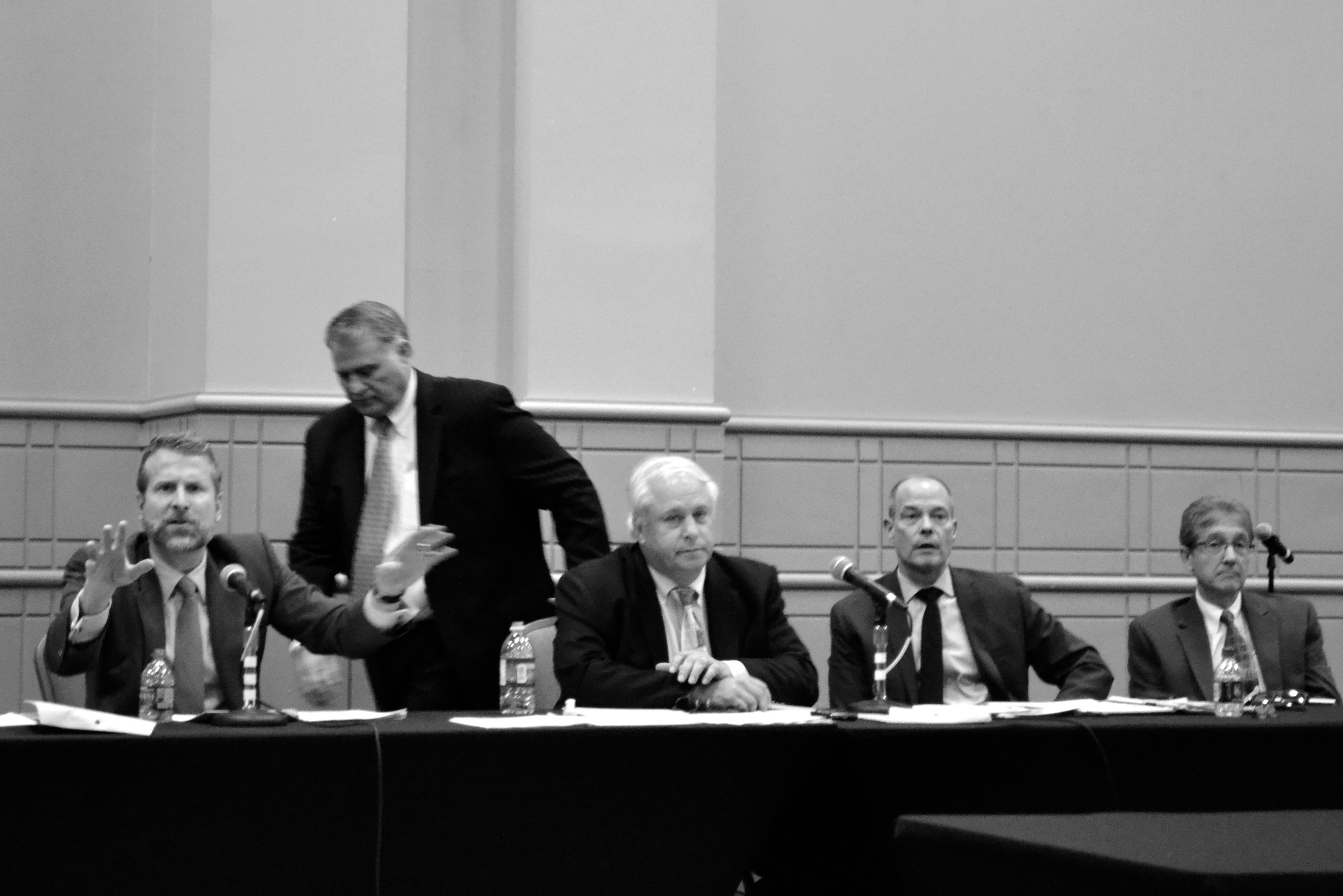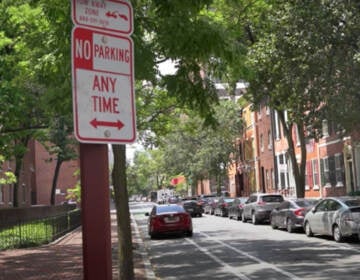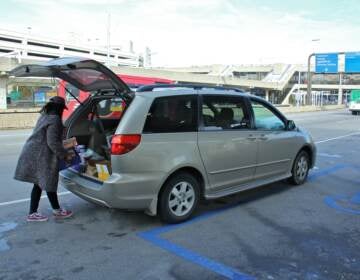PPA resuming enforcement against Uber/Lyft starting Friday, relaxes taxi regulations

In a statement released late Tuesday, Philadelphia Parking Authority (PPA) interim Deputy Executive Director Corinne O’Connor provided 48-hour-notice that the agency would resume enforcement actions against Uber and Lyft.
The controversial ride-hailing companies were temporarily made legal by Act 85, a funding bill passed this summer. The bill authorized Transportation Network Companies (TNCs) like Uber and Lyft to operate until September 30th. Harrisburg legislators were unable to pass a permanent bill before Act 85’s sunset last week.
“We hoped Harrisburg would come through with legislation,” said PPA General Counsel Dennis Weldon. “When that didn’t happen, we told [Uber and Lyft] that we would give them at least 48 hours, to give people ample time to prepare.”
Weldon suggested that PPA enforcement would focus primarily on issuing citations against TNC drivers, rather than impounding vehicles, but kept open the possibility of impoundment.
In the same release, O’Connor announced “‘immediate waivers of certain existing taxi regulatory requirements,’ pending formal board approval and a full review and promulgation of new permanent regulations.” The PPA is currently facing separate lawsuits brought by the taxi drivers union and a taxicab companies. The lawsuits allege that, for legal purposes, Uber and Lyft are no different from any other taxi, so the PPA’s failure to enforce taxi regulations against them amounts to arbitrary discrimination that violates the 14th Amendment’s Equal Protection clause.
While rejecting the lawsuits’ allegations, Weldon said that the regulatory lightening was designed to reduce taxis’ regulatory burdens to make them more competitive with TNCs.
“This is about the significant deregulation of the taxicab industry, to allow taxis to compete,” said Weldon. Taxis have long argued that the taxi medallion licensing system imposes unfair costs on them. Weldon described Tuesday’s announcement as the start of a “dialogue” with taxi drivers and owners on how to deregulate while maintaining customer safety.
The release lists eight taxi regulations the PPA is waiving or reducing. The PPA will allow taxis with approved camera systems to remove the shields separating drivers from passengers; cab operators or third parties may train drivers (instead of the PPA); and operators will be able to use stand-by vehicles when vehicles with taxi medallions are out of commission. The PPA is also waiving semi-annual inspections on taxis with under 200,000 miles, and requirements for two-way radios (provided that drivers still have a panic switch).
The release also says the PPA will “invite and will expedite consideration” of new meter technologies and alternative rate arrangements.
One of the eight listed regulatory changes suggests that the PPA will reduce or relax taxicab regulations to the full extent possible under the law: “While the 8 year age limit is statutory; [sic] we will Increase [sic] mileage limit to 350,000, consistent with PUC mileage limitations.” As a regulatory body, the PPA is constrained by state statutes on what it can and cannot do.
The release says that the PPA will also consider other petitions to “seek a waiver of regulatory requirements to the extent it is permissible under law.” It concludes by noting that the PPA cannot “waive or relax statutory requirements.”
Act 85’s sunset hit just as news emerged that former Executive Director Vince Fenerty had been accused of sexually harassing two female employees. Fenerty resigned last week in disgrace. Earlier on Tuesday, Pennsylvania Auditor General Eugene DePasquale announced that his office would conduct a performance audit of the Authority.
WHYY is your source for fact-based, in-depth journalism and information. As a nonprofit organization, we rely on financial support from readers like you. Please give today.





